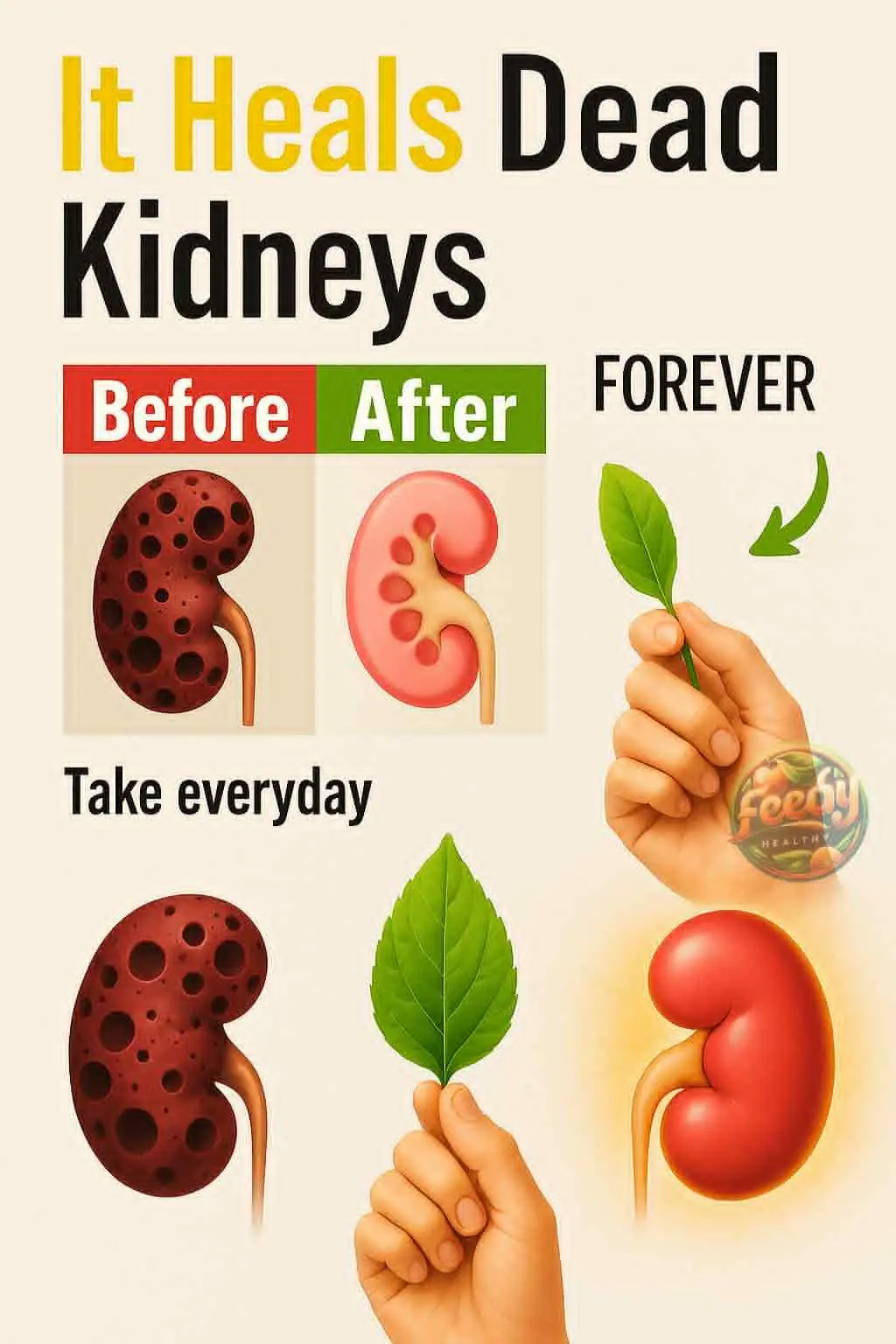
What is High-Functioning Alcoholism?
Severe addiction is a chronic illness that can take hold of both the mind and body. Yet, in some cases, individuals appear to function normally under the influence of addictive substances. One such condition is high-functioning alcoholism—a form of alcohol dependence that often goes unnoticed due to the person's ability to maintain the appearance of a stable life.
What Is High-Functioning Alcoholism?
High-functioning alcoholism refers to a condition in which a person is dependent on alcohol but continues to perform daily responsibilities—maintaining jobs, relationships, and social appearances. However, beneath this surface lies a deeper problem. According to addiction specialists, alcoholism is a treatable chronic medical disorder that causes long-term neurological changes. Over time, even those who function seemingly well may experience significant psychological and behavioral shifts that impact their overall well-being.
Contrary to popular belief, individuals with high-functioning alcoholism often cannot simply "stop drinking" on their own. In many cases, clinical intervention is necessary for recovery.
How It Differs from Traditional Alcoholism
While both conditions involve alcohol dependency, there are key differences between alcoholism and high-functioning alcoholism. Traditional alcoholism is often more visibly disruptive, leading to job loss, financial issues, and broken relationships. High-functioning alcoholics, on the other hand, tend to hide their dependency more effectively. They often have a higher tolerance for alcohol, experience withdrawal symptoms, and may be able to maintain a stable façade for years.
However, this outward stability masks serious health and emotional risks. Repeated alcohol use can result in severe cravings, liver damage, cognitive decline, and increased dependency—regardless of how "put together" a person may appear.
Health Risks and Mental Consequences
The physical consequences of alcohol addiction are well-known, and high-functioning alcoholics are not exempt from them. Over time, excessive alcohol use can damage the liver, kidneys, pancreas, and heart, and significantly increase the risk of stroke, high blood pressure, and even premature death due to accidents or alcohol poisoning.
The emotional toll is equally significant. Alcohol can contribute to the development of anxiety, depression, and severe mood disorders. As alcohol begins to influence behavior, individuals may experience strained relationships, social withdrawal, and an erosion of emotional control—all of which contribute to a vicious cycle of dependence and isolation.
Common Behaviors and Warning Signs
While only a qualified medical professional can diagnose high-functioning alcoholism, there are several red flags to be aware of:
-
Denial and Avoidance: Often, individuals deflect concern or make excuses for their drinking habits.
-
Frequent Blackouts: Regular memory lapses following drinking, even if other functions seem normal.
-
Hidden Drinking: Drinking during inappropriate times—such as during work hours, before driving, or when alcohol is not permitted.
-
High Tolerance: Being able to consume large amounts of alcohol without showing obvious signs of intoxication.
-
Over-Reliance on Alcohol: Always using alcohol to celebrate, relax, or cope with stress.
-
Maintained Appearance: Often well-groomed and socially active, which can obscure the severity of the problem.
In some cases, individuals may also begin to prioritize alcohol over responsibilities, personal health, or relationships—even if they manage to appear composed externally.
Treatment and Support Options
The good news is that recovery is possible, and support is available. Addressing high-functioning alcoholism requires honesty, compassion, and a well-structured plan. If you're concerned about a loved one, the best approach is to start an open, respectful conversation about how their drinking affects you and others. It’s essential to approach the situation without blame or shame, encouraging them to seek help when they are ready.
Treatment options for high-functioning alcoholism include:
-
Medical detoxification
-
Inpatient and outpatient rehab programs
-
Individual or group therapy
-
Medication-assisted treatment (e.g., acamprosate, disulfiram)
-
Peer support groups like Alcoholics Anonymous (AA)
Understanding high-functioning alcoholism is the first step in providing meaningful support. With proper treatment and compassionate care, individuals struggling with alcohol dependence can reclaim control over their lives and relationships.
News in the same category


Reasons why women cheat, according to a relationship expert

What Do You See in the Image? A Goat or an Eagle? Your Brain Might Decide!

Why Do Dogs Smell Certain Parts of the Body? Uncovering the Mystery

🐱 What Does It Mean When Your Cat Shows You a Mouse?

Point Nemo: The Most Remote Place on Earth—Closer to Space Than Humanity

Staying at Home with Your Children is Harder Than Going to Work

This is why you should keep the bathroom light on when sleeping in a hotel

7 Things That Happen To Your Body When You Don’t Have Sex For A While

The story behind the tiny pocket on your jeans

What’s SPAM, really — and what goes into it?

💤 Your Sleeping Position Says A Surprising Amount About You

💕 15 Things Women Only Do With the Men They Truly Love

Brain Teaser: Can you identify the error in this family’s dining room photo in under 15 seconds?

🧬 A Giant Leap in Dinosaur Science: Preserved T. rex Cells Discovered! 🦖✨

Woman issues terrifying warning after finding a stroller abandoned on the side of the road

15 things a woman should never tell a man

Who Would You Give Your Seat to on the Bus? Your Answer Reveals Personality Insights

Can You Spot the 6 Hidden Words in This Living Room Image?
News Post

The terrifying reason cruise ship passengers are asked to turn off lights and close curtains when traversing specific waters

A newly adopted stray dog saved the life of a newborn baby in the middle of the night

The Eagle’s Response: A Powerful Lesson in Rising Above

Reasons why women cheat, according to a relationship expert

This ex-child star left Hollywood for motherhood and is now a 60-year-old mom of six and proud grandmother

The Most Dangerous Sleeping Position – What You Didn’t Know Could Be Harming Your Health

🍓✨ Strawberry Chocolate Ganache Cake Recipe ✨🍫

🧋✨ Brown Sugar Boba Milk Tea Cake ✨🍰

🍓 Strawberry Creepe Cake Recipe 🍓

🍵 Matcha Mille Creepe Cake with Strawberries 🍓

🍓 Strawberry Chocolate Mousse Cake 🍫

🫐 Blueberry Lemon Cheesecake Cups 🍋

🍵 Matcha Green Tea Layer Cake

🧋 Brown Sugar Boba Cream Cake

🍰 Blackberry Ube Ice Cream Cake

🎀 Vintage Heart-Shaped Cherry Cake Recipe 🎀

This Natural Leaf Has Been Used for Generations to Support Kidney Health

Goldenberries: The Tiny Superfruit Packed with Big Health Benefits

